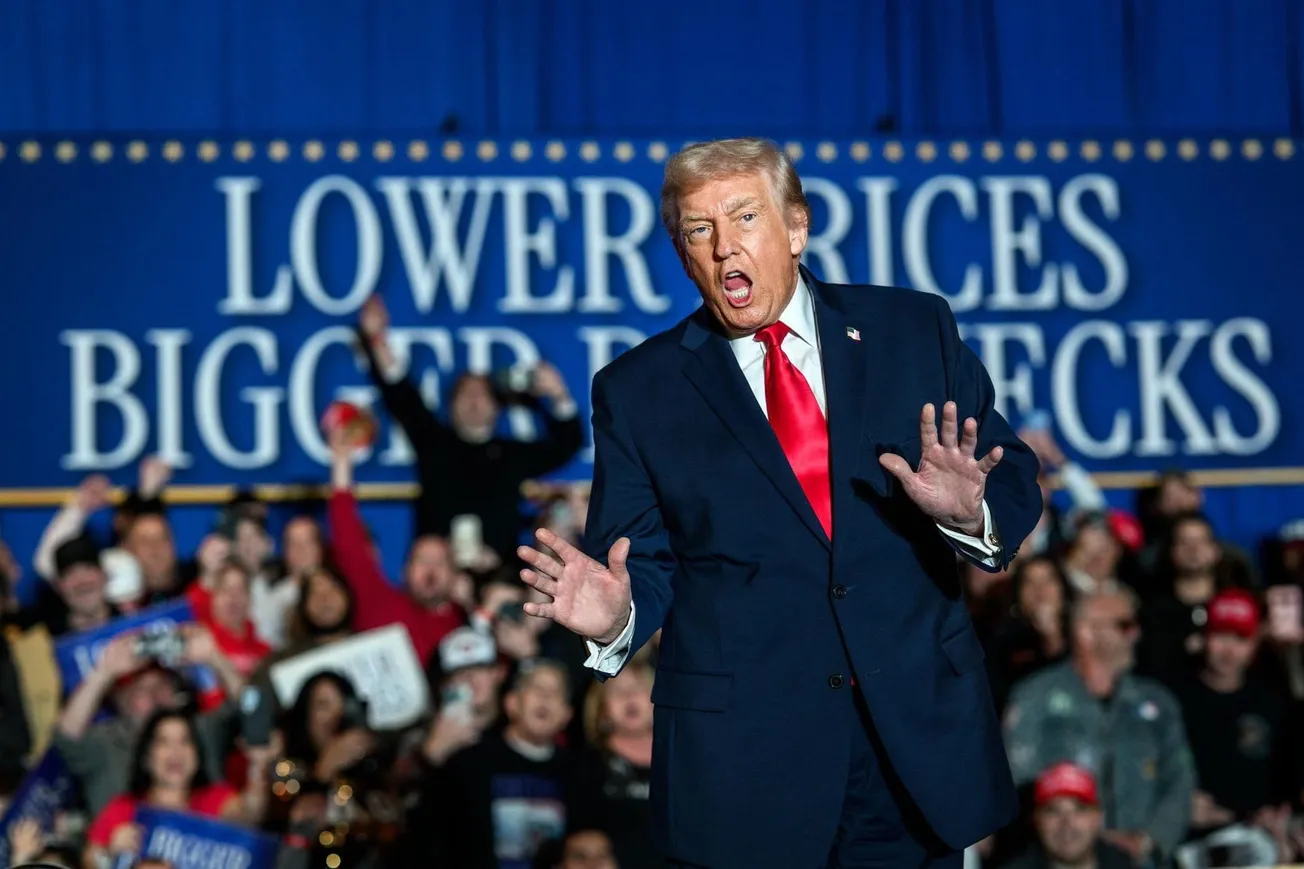On Dec. 3, China’s Commerce Ministry announced new export bans on shipments to the United States of Chinese antimony, gallium, germanium, and “superhard materials.” The Chinese export bans were in response to the U.S. Commerce Department’s Dec. 3 decision to add 140 companies, mostly Chinese, primarily in the semiconductor field, to The Entity List, a compilation of foreign individuals, companies, and organizations that are subject to export restrictions and licensing requirements, because the U.S. government considers them a national security threat. Commerce’s move is an unsuccessful attempt to damage or shut down the Chinese semiconductor sector.
A Dec. 9 New York Times article, “China’s Critical Minerals Embargo Is Even Tougher Than Expected,” reports that China’s new, tough export controls are “a provision extending the ban to companies in other countries that transfer minerals to American firms after acquiring them [first] from China.” So, no company can buy critical minerals from China and then sell them to the U.S., as a way of getting around the controls. This is the first known time that the Chinese have ever included such a trade provision.
This is sweeping. China produces 48% of the world’s antimony, 60% of its germanium, and 98% of its gallium, according to the U.S. Geological Survey. Gallium is vital for light-emitting diodes and advanced military radar; germanium is needed for fiber-optic cables and infrared sensors used in night vision; antimony is used in machinery parts, ammunition, including armor-piercing shells, and in batteries. While other countries can search for deposits of these critical minerals, it takes a while to set up mining and refining facilities.
It seems the Chinese took the step of their export control on critical minerals as a warning shot to the Biden administration and the incoming Trump administration: If you keep piling weaponized sanctions, export controls, and high tariffs on our country’s goods exports, we can do the same to you, perhaps with greater force. The Chinese say it’s time for cooler, rational heads to make U.S. trade policy. Beijing would withdraw its controls, should the U.S. come to its senses.
However, if the U.S. escalates its harmful sanctions and tariffs, it could lead to a trade war that decouples the West from the Global Majority, which is a very dangerous outcome.



